The consequences of dieting: predictable
November 3, 2021
Dieting: a regulated selection of foods, as for medical reasons or cosmetic weight loss; things that are harmful, but normalized.
Over the years, teenagers and children have become overly concerned about their body image and have begun taking unhealthy measures to fit societal standards: being as skinny and attractive as celebrities even though beauty is not defined by one’s body. According to behavioral nutrition.org, children as young as six are made aware of dieting and could have already tried it. Consequently, by the time kids are seven years old, one out of four have already participated in some sort of diet. The popularity of dieting has escalated to where in most minds, becoming healthier is associated with weight loss. In reality, quick weight loss, especially when not constantly monitored by a health professional, is extremely unhealthy.
A few extreme diets that have grown popular over the recent years include: the snake juice diet, the strawberry fast and the maple syrup diet. The snake juice diet, being the most extreme, includes people mirroring the eating habits of a reptile. This includes fasting to the extreme as people are told to eat only one to three meals per week. The next example is the strawberry fast which has people consume nothing but strawberries in order to lose weight quickly. This is an extremely unbalanced diet and is very unsustainable. Someone on a maple syrup diet drinks a detox drink consisting of two tablespoons of maple syrup, with two tablespoons of freshly squeezed lemon juice, a pinch of cayenne pepper or ginger and half a pint of hot or cold water. What makes this diet extreme is that the only thing people consume in a day is six to nine glasses of this detox drink.
Another unhealthy diet that many follow is the infamous keto diet. Members of the keto diet intake extremely fatty foods and cut down on as many carbs as possible. Due to their limited carb intake, most fruits and vegetables are restricted which leads to numerous health problems. Some negative effects of the keto diet include nutrient deficiency, liver problems, kidney problems, constipation and eating disorders.
According to the American Psychiatric Association, “eating disorders are behavioral conditions characterized by severe and persistent disturbance in eating behaviors and associated distressing thoughts and emotions.”
Eating disorders are extremely detrimental to one’s physical health, mental health and overall wellbeing. Although diets are not the direct cause of eating disorders, they can often be a precursor. Furthermore, once people stop partaking in a diet, they regain their lost weight quickly which serves as a potent demotivator.
Dieting for cosmetic reasons is unhealthy and not recommended by health professionals. A healthier alternative is to simply focus on what your body needs. Having a mindset that prioritizes what you really need to eat on any given day instead of restricting your eating habits is better for people’s mental and physical health. Additionally, although exercising is more difficult and time consuming, it is the best and most effective way to make your body healthier.
Not listening to what your body needs on a daily basis in order to fulfil society’s beauty expectations is harmful and unhealthy for your body.


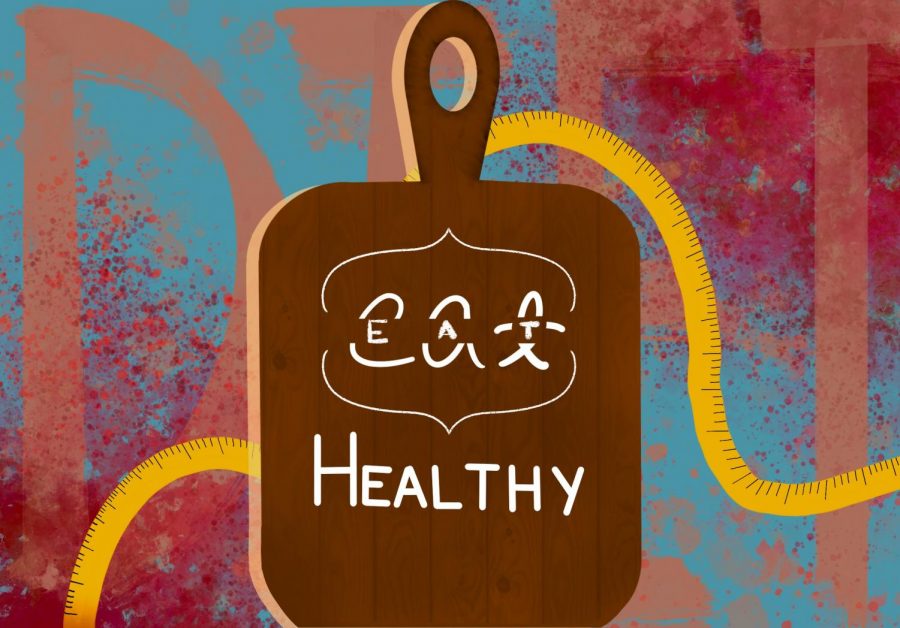

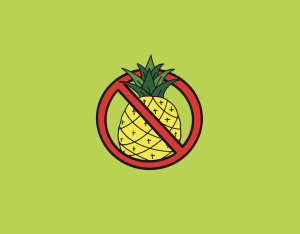







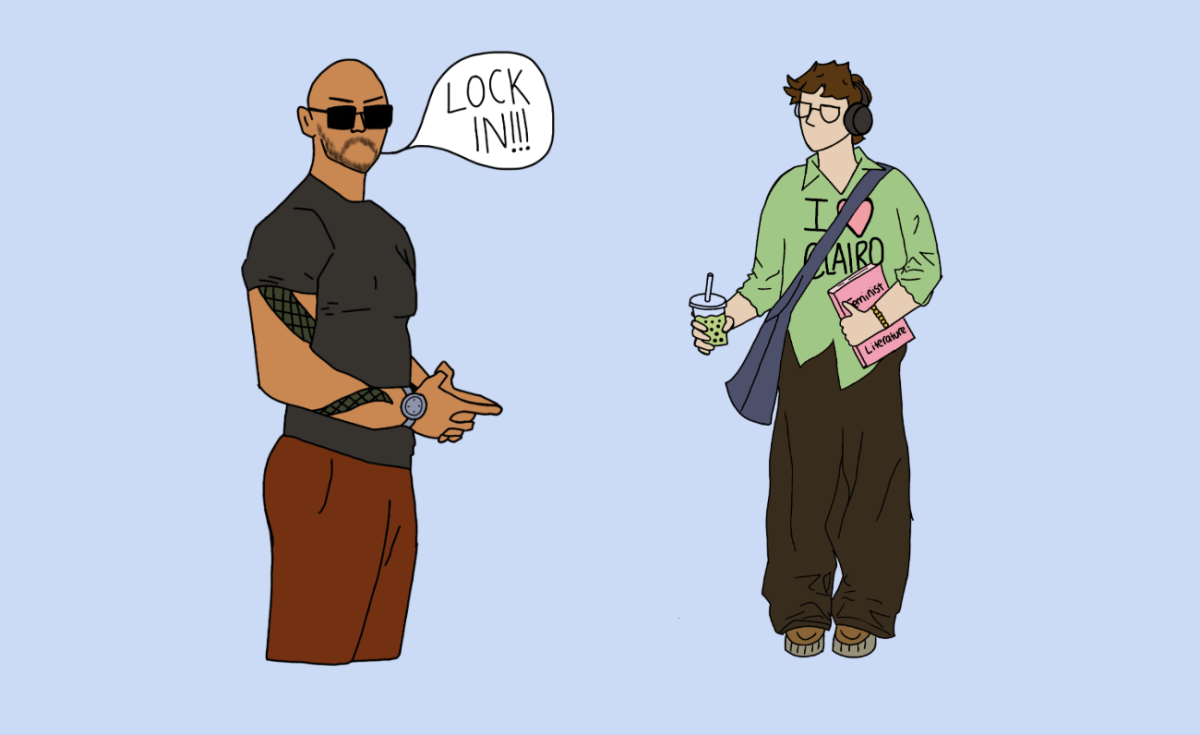
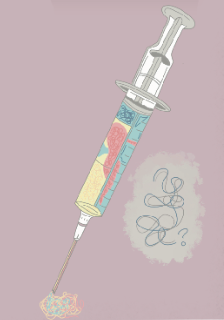



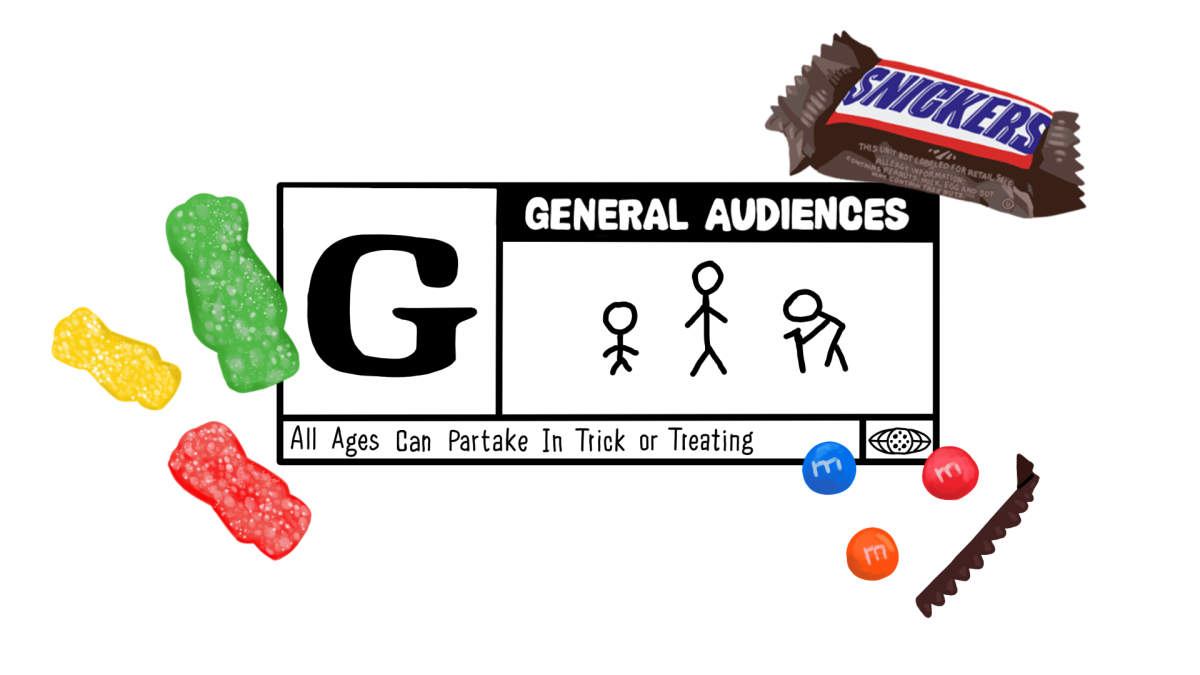

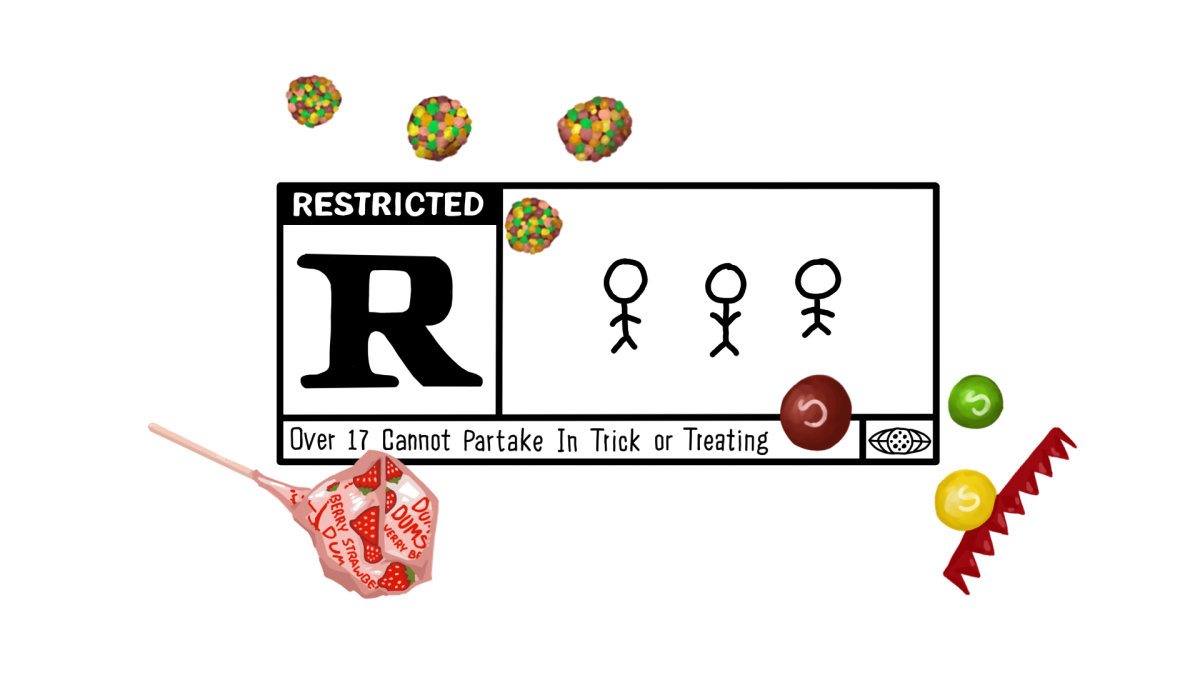
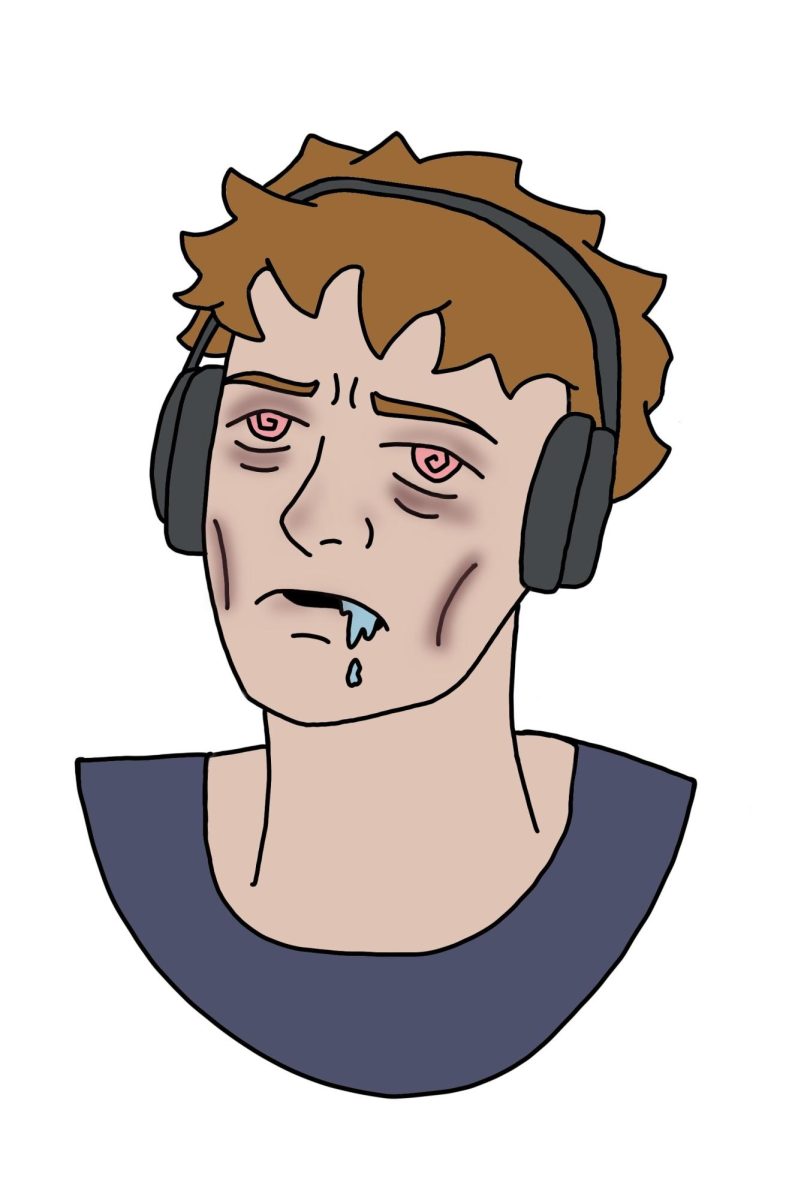












Madhava ~ Nov 11, 2021 at 9:19 am
That’s a good article on dietary habits. I have also heard about banana diet where the individual consumes only bananas for a certain period of time.
Your conclusion is perfect. Listening to the body is one simple mantra that helps to maintain healthy body. Yet determining the body needs between food cravings and healthy foods is an another debatable topic.
Karthik ~ Nov 9, 2021 at 5:18 am
Very brilliant information and awesome the way this is described.
Chethan ~ Nov 9, 2021 at 4:48 am
Nice article, appreciate your writing. Keep up the good work. Hope to read more from you. Cheers!
Srikanth ~ Nov 8, 2021 at 7:50 am
Well articulated
The young writer exhibits considerable depth in research and ends with a call to respect natures version of us . Kudos
Srikanth
Ramana Murthy ~ Nov 8, 2021 at 7:45 am
Good and much needed topic. Well presented and sure initiates warning to unproven diets. Any statistics of impact would have added more authenticity.
Srivas M K ~ Nov 8, 2021 at 7:17 am
Completely agree with the author’s views. Dieting, normally, is something I would avoid, and if done for cosmetic reasons, completely to be banned! as for the health aspect, it can be done, provided one has a “healthy” diet plan, that reduces unhealthy intake, not “required” ones!. Way to go Raagni! (the only BTS my son loves is the McDonald’s meal, that is named after the Kpop band!)
Sindhu ~ Nov 8, 2021 at 7:16 am
Wow raagni ..sooper…valuable information to everyone….
Revathi ~ Nov 8, 2021 at 6:29 am
Superb
Ramesh babu ~ Nov 8, 2021 at 5:10 am
Hi! my dear Angel. Rightly focussed on the hour of need. See more such articles from your pen.